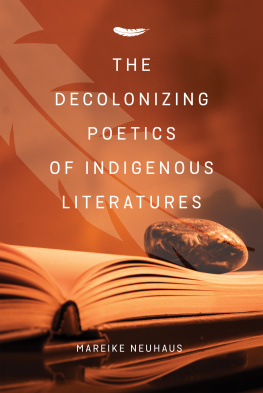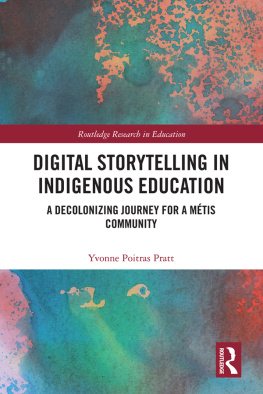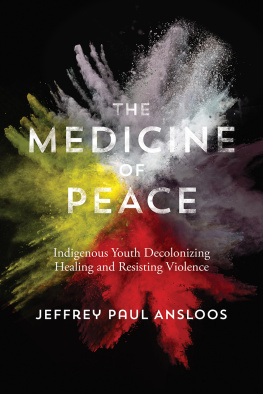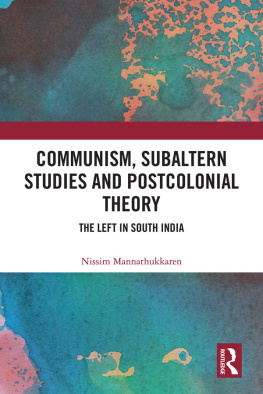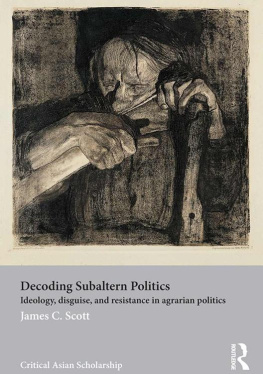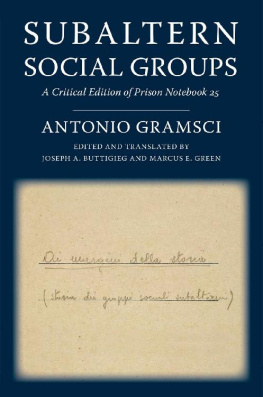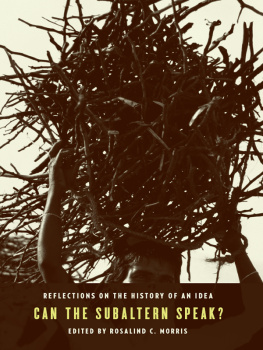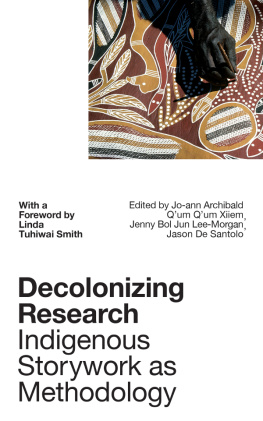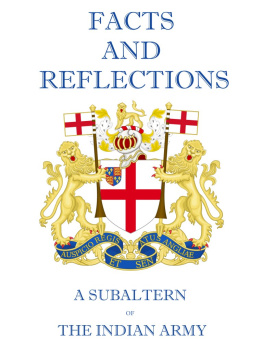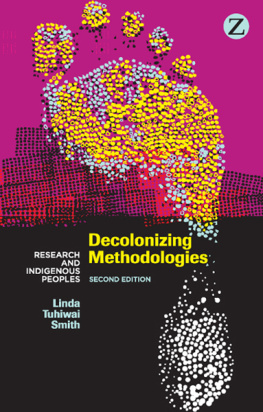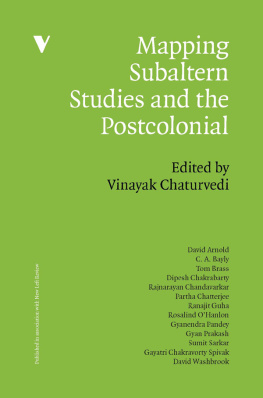whose courageous and radical visioning of an Earth-rooted spirituality seeded and nurtured the writing of this book
Foreword
W e are rapidly entering a time when we will not be able to live off of a balanced climate any longer. In fact, in many places, people are already living in climate catastrophe. Due to global warming and the melting of icecaps, sea levels will increase, and many islands and coastal cities will disappear in less than fifty years time.
Due to increasing extractivism, deserted and poisoned areas are increasing, creating a ripple effect of climate refugees and migrants, extreme poverty, and millions of species going extinct or in danger of going extinct. A telling sign that the climate disaster has arrived is the shifting of the financial market focus. Wall Street has decided to invest in water, since water is fundamental to our living and it is disappearing. Let us profit from what we have left!
We are living in dire times and we need to have all-hands on deck to find ways to change our ways of surviving. The task is immense! This book is one of the jewels that can offer us so much to help us make a choice of the path we must take. The authors of these chapters are all doing ground-breaking work. Each thinker from a different place around the earth offers something unique by helping us with new thinking, feeling, doing, imagining, and believing. In distinctive ways. This book is not only an alternative to theology as a product of modernity but rather, it offers an antidote to it.
The book helps break the human/nature divide, challenges the centrality of humans and engages the spiritual and material realms beyond the dualities of modern thinking. The authors help us not to linger in the divide between belief and truth, and truth is understood as something else other than the authentication of a colonial project. The Spirit that is Holy in Christianity meets with other Spirits, no less holy in cosmologies that encompass other narratives, other metaphors, other Gods, other earthbound species and spiritual manifestations.
These thinkers are concerned with justice for local people, from Palestine to India, from Samoa to Latin America, from Southeast Asia to Africa. They cross so many borders and offer bio-regional categories that will then bear challenges to universal theological constructs. As they are grounded (and here grounded is not a figure or image) in local knowledges, they find alternatives in local cosmologies and ancient ways of living and surviving with the land. From these local places they gain a privileged viewpoint that ends up addressing the entire world.
A remarkable aspect of this book is that practice and theory, rituals and thoughts, are not disassociated. Religion is neither universal academics nor particular practices. In their theological view, a new way of seeing and believing Christianity comes along, not only assuming its impure constitutions but also being necessarily challenged by other forms of knowledges, practices, and cosmo-visions. In that process, the authors partnered their thinking not only with usual thinkers or only humans but tried to gain a larger orientation by privileging elders from other populations and non-human agents: water, air, soil, critters, waters, mountains, animals.
What a remarkable company these writers are to us. As said before, they help us gain knowledge to make the choices we need to make. As Winona LaDuke tells us about the choices demanded of us by the prophecy of the Seventh Fire:
We as Anishinaabe people would have a choice between two paths. One path, they said, would be well worn but it would be scorched, the other path, they said, would not be well worn, it would be green. It would be our choice upon which path to embark.
Unless we continue to think away from white supremacy, civilizational hubris, and capitalist mentality, our path of destruction will continue. However, we can surely change that. This book is another way to help us move in the direction of that choice.
Cludio Carvalhaes
Associate Professor of Worship
Union Theological Seminary in New York City
. LaDuke, Prophecy of the Seventh Fire (Kindle).
Preface
S. Lily Mendoza
T he essays in this volume came together as part of the Earth stream in the 2019 Discernment and Radical Engagement (DARE) Global Forum held in Yilan County near Taipei, Taiwan, and hosted by the Council for World Missions (the other streams were: Class, Race/Caste, Gender, Occupation, and AI [Artificial Intelligence]). Designed to serve as a platform for scholars and activists to bring their cutting-edge critique and reflections on the crucial challenges and issues of our time, the DARE Global Forum series states its mission thus: DARE comes out of the conviction that another world is possible. Another world free from the politics of hate; ideologies of supremacy; enslavement to the imperial logic; a world in which ecology could heal; security of children is a priority; strangers welcome each other; movement of people is a right and freeing; [and] the elderly [are] treated with compassion and care.
My own involvement with DARE began as a guest-companion to my theologian husband, James Perkinson, who, at the 2017 forum held in Bangkok, Thailand, was then the invited/funded participant. I myself, for quite some time since I began my decolonization process in earnest as a post-evangelical born-again Filipina had tended to distance myself from anything having to do with missionsthe missionizing/civilizing project of the Protestant American missionaries in my home country being part of what has severely wounded me both psychically and spiritually. But meeting the diverse delegates from all over the world and attending the sessions at the Bangkok forum blew me away. I did not know, apart from my wild-thinking hubby, that there were other folks within the tradition that thought as radically as I/we did. At some point I couldnt help querying Sudipta Singh, who spearheaded the program, asking him, Where in the world did you find all these people?astonished at how DARE had managed to bring together the sharpest, most creative, and fiercely radical thinkers, scholars, and theologians unafraid to wrestle with the dark imperial history of the tradition, deconstruct its hegemonic formation, and, at the same time, recuperate elements from its mangled history that in fact align with the liberatory impetus animating all that is good in the world.
Needless to say, I felt right at home. So much so that by the time 2018 DARE Forum in Mexico City rolled around, I did not hesitate to submit a proposalone titled, Christianity and Modernity as Walls of Legitimation and Conquest: The Philippine Nation-State and the Killing of Indigenous Peoples, that, fortunately enough, got accepted. By this time around, the feeling of a sense of community had become palpable among the hundred or so selected participants. Some repeaters, but many also new (diversity always key in the selection process), soon, politeness gave way to genuineand at certain points, fierce and fiercely contentiousengagement, especially where traumatic and traumatized histories and practices on the ground were at stake. Such fraught and passionately vulnerable encounters did not always end in happy resolution, but one thing became clear: they were the needed fertile ground where seeds of radical thought could grow and give life to something new, and where difference is no longer left to languish in the margins but given a large platform on which to speak.


